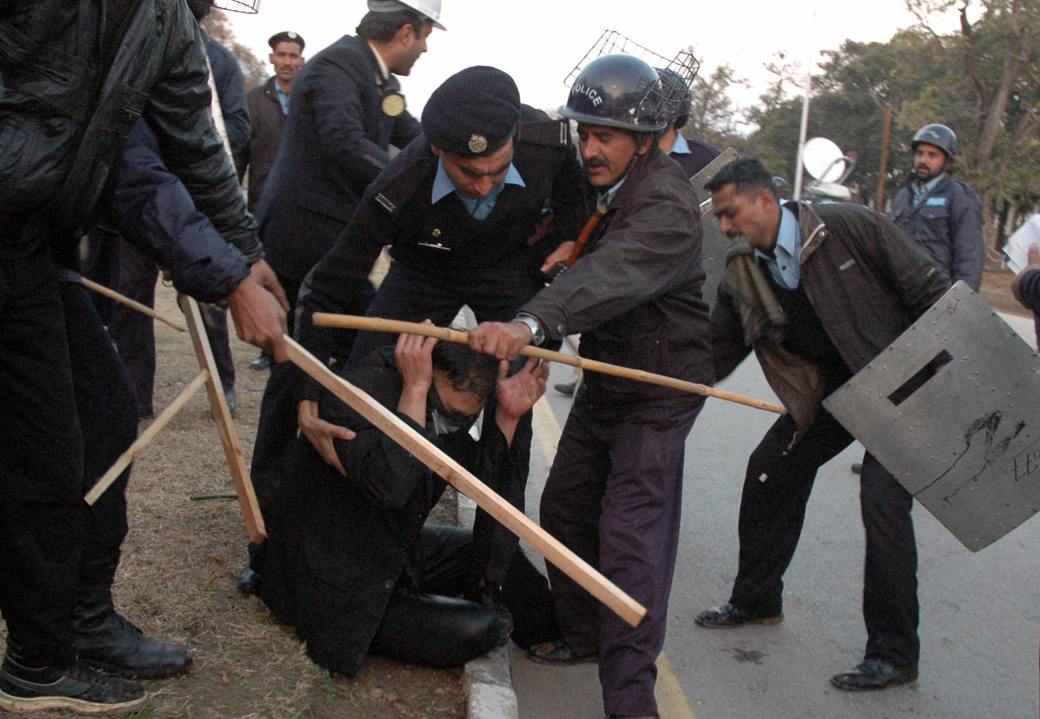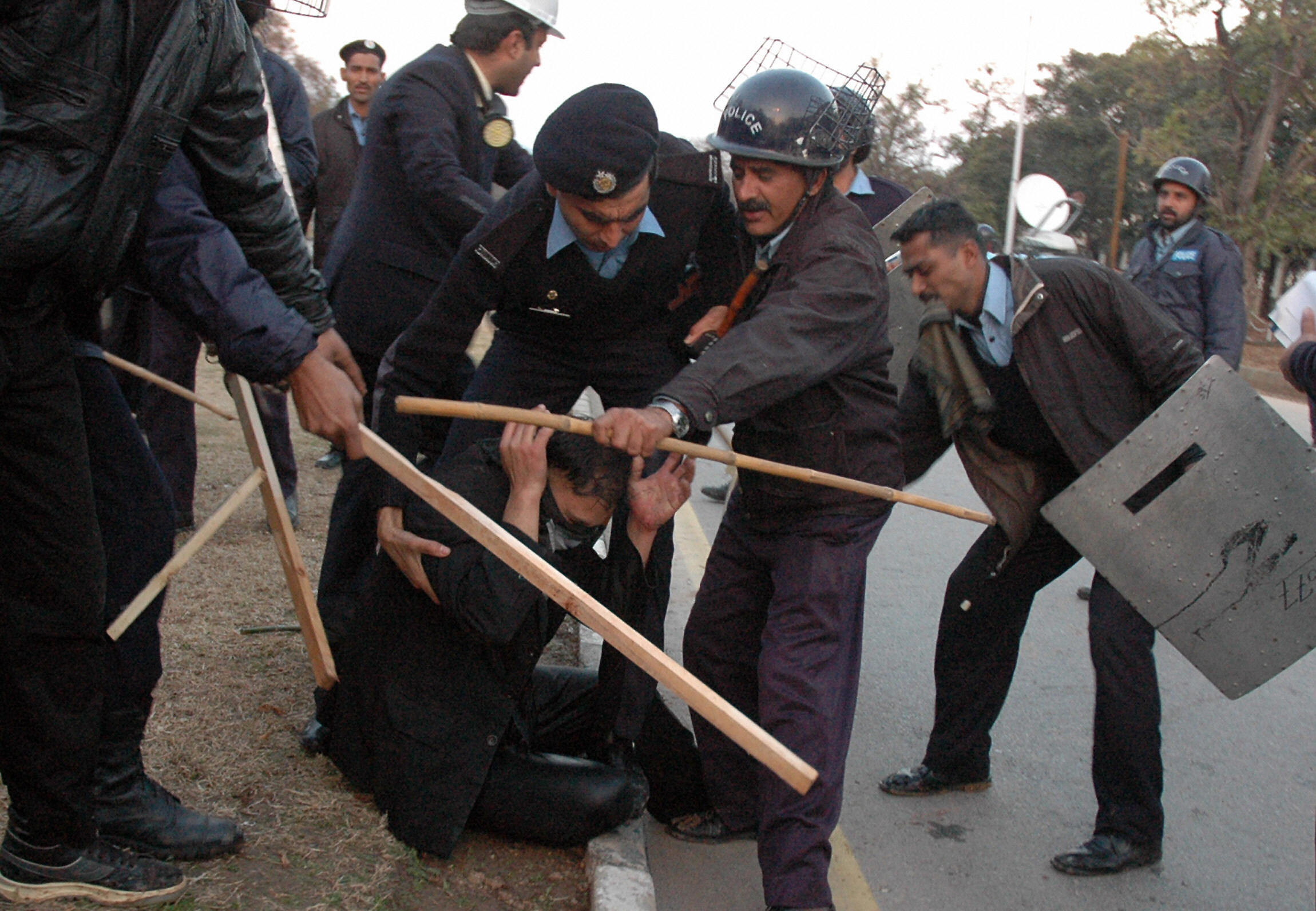 I meet with Pakistan’s Deputy High Commissioner to the UK and former High Commissioner to Norway, Abdul Basit. Debonair and sophisticated, he’s a career diplomat from the Foreign Service. He ponders likely election outcomes.
I meet with Pakistan’s Deputy High Commissioner to the UK and former High Commissioner to Norway, Abdul Basit. Debonair and sophisticated, he’s a career diplomat from the Foreign Service. He ponders likely election outcomes.
“Most likely it’s going to be a coalition after February 18th … a hung parliament, no single party will win. It’s a guessing game as to how it will turn out … things are looking very difficult for Hussain (the President of the PMLQ, the party supporting President Musharraf). The party majority will be reduced substantially. It will be hard for him to retain his numbers. Outgoing governments…those parties traditionally do not do well.”
Abdul Basit discusses various scenarios between three main parties.
“For the President to get indemnity, he needs a two thirds majority. For the opposition to impeach him, it needs a two thirds majority. It could get very difficult for the President. He would not like to be impeached. He might resign. If the PPP do well, Hussain and the PPP could come to an arrangement. If the PPP are not willing to form a government with Hussain, then it will be difficult for Musharraf.”
It’s a red herring. A hung parliament would suit Musharraf as it would leave him in the position of arbiter. If no party has a clear majority, at least on paper, then the President could not be impeached.
Basit says it is unlikely that the turnout predicted by the Election Commission (81 million “enabled” to vote) will actually happen.
“It’s cold, people are worried about security, they may prefer to stay at home. Traditionally it isn’t encouraging. I think the turnout will be under 50%, 36-40 million.”
Basit talks of the importance of the international observers, many from the EU.
“Nothing is being left to chance; we want a clean bill of health from the observers. Each Mission is co-ordinating its own. The heads will come back to Islamabad on the 20th of February and give a press conference.”
(On that note, Mohammed Ziauddin, senior correspondent of the Dawn newspaper, tells me that whatever the observers might see or say, it won’t make a blind bit of difference. He pointed to a report made by the internationals after the 2002 elections citing evidence of “rigging” which, he says, was just ignored by Brussels.)
When asked about the Commonwealth observers, who were disallowed after suspending Pakistan, the Foreign Office diplomat sends this clear message,
“They will come after the election. They may like to reinstate our membership. It is for them to decide, we are not asking. They suspended us so we suspended them. It is good to convey the message; that we are equally disturbed and outraged by your decision.”
Abdul Basit is upfront about the problems troubling Pakistanis. He highlights price rises and the President’s attitude to the judiciary. He’s right. On Saturday, protesting lawyers, upset about the deposition of the Chief Justice and the detention of 60 judges, were tear-gassed and hit with batons. Undeterred, they have decided to boycott courts until after the election. Temperatures are rising very fast.







Comments